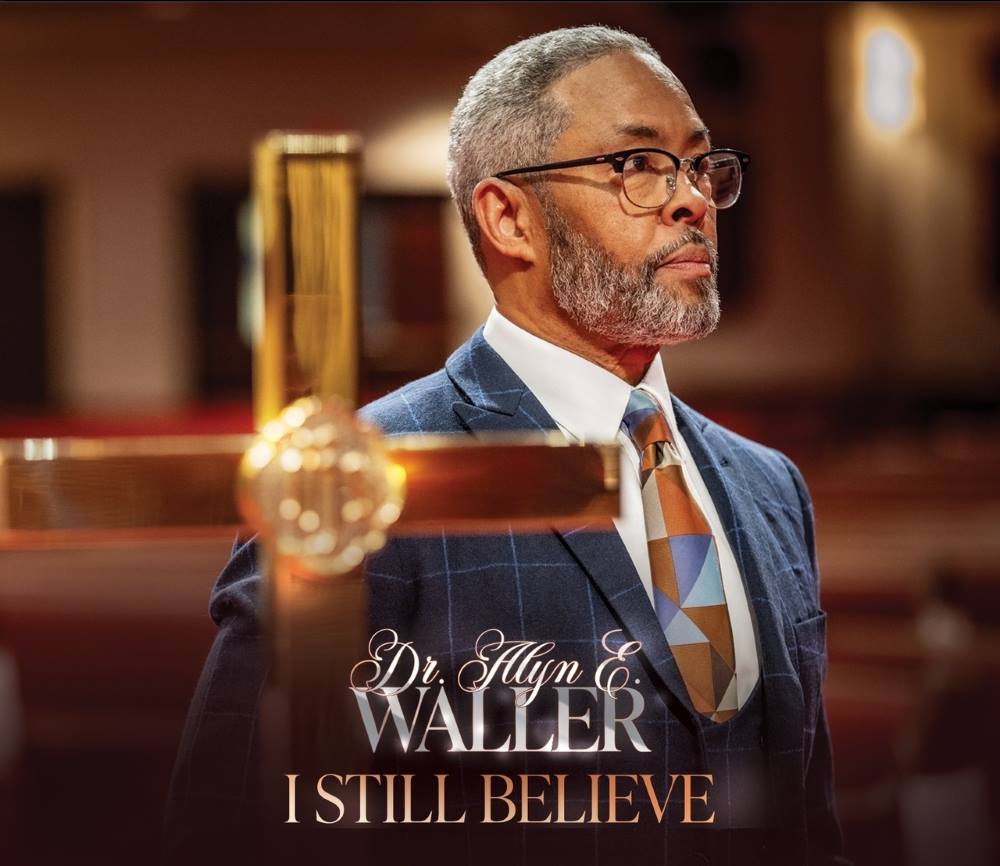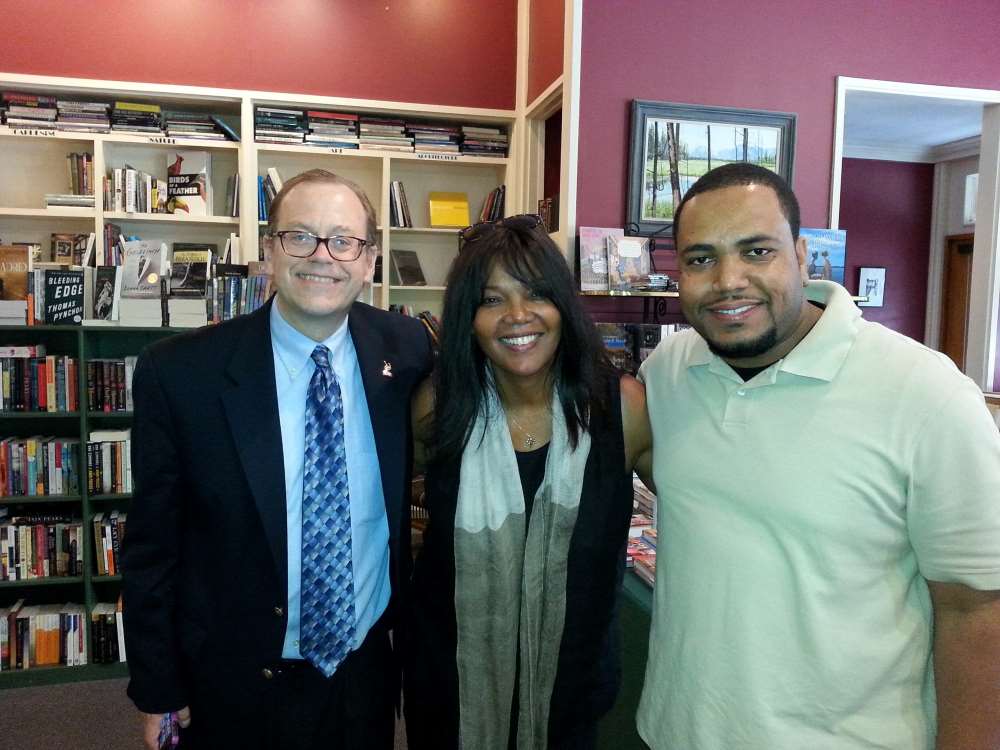By Bob Marovich of The Black Gospel Blog.
You will want to respond with, “No doubt, Dick Tracy,” when I say that gospel music is changing once again, but when the Stellar Awards gives a “grand old man” tribute to John P. Kee and features gospel hip hop during the program, things are most definitely changing.
That’s not only a good thing, it’s inevitable. It’s tradition. Two truths about gospel music that have remained consistent since the days of Thomas Dorsey and Co. are: 1) youth bring about the changes in the music, and 2) gospel draws its inspiration from current black music styles.
1) Youth bring about the changes. Today, we tend to think of the gospel pioneers as senior citizens, but Thomas A. Dorsey wrote his first gospel song at age 22. Roberta Martin organized her Roberta Martin Singers at the age of 26. James Cleveland starting singing with the Lux Singers as a teenager, as did Rev. Dr. Clay Evans (Cleveland was 28 or 29 when he started recording with the Voices of Tabernacle). Sam Cooke and Lou Rawls brought a youthful vitality into quartet singing during the 1950s. Andrae Crouch, the Hawkins, the Winans, Rance Allen, they were all twenty-somethings, or younger, when they changed gospel music. John P. Kee, Kirk Franklin, Ricky Dillard were all youth when they came to the attention of the gospel music cognoscenti, and the list goes on. Not surprisingly, today’s youth such as Trip Lee, Tedashii, and Lecrae are doing the same thing. They’re carrying on the tradition.
2) Gospel draws inspiration from current black music styles. For Dorsey, it was 1920s barrelhouse jazz and blues. For Sam Cooke and Lou Rawls, it was the vocal group sound and rhythmic R&B music of the 1950s. In the early 1960s, many quartets adopted the electric guitar and doo-wop vocal techniques from early soul artists; soul itself brought into being as an amalgam of vocal group harmony and gospel. The Winans drew their inspiration in part from ‘70s R&B and smooth soul. Rance Allen pulled liberally from Sly Stone’s explosive psych-rock. Similarly, today’s young gospel artists are following their own muses, which include top hip hop singers and songwriters such as Jay-Z. You may not prefer their style of sacred worship, but it’s their expression, just as jazz was Dorsey’s and doo wop was Cooke’s.
Twenty-five years from now, there will be a new gospel sound in the airwaves and we will be giving “grand old man” awards to Kirk Franklin and calling his style traditional. Think I’m crazy? Save this article and in twenty-five years see if I’m wrong.
2 Comments
Leave A Comment
Written by : Bob Marovich
Bob Marovich is a gospel music historian, author, and radio host. Founder of Journal of Gospel Music blog (formally The Black Gospel Blog) and producer of the Gospel Memories Radio Show.










 Visit Today : 10
Visit Today : 10 This Month : 133
This Month : 133
Well written and insightful commentary. Good job as always, Mr. Marovich
Thank you, sir!